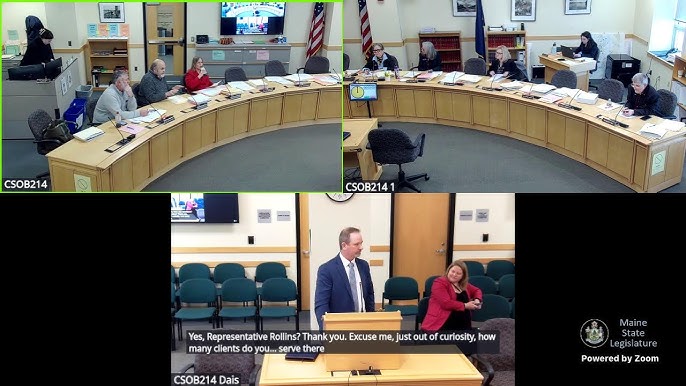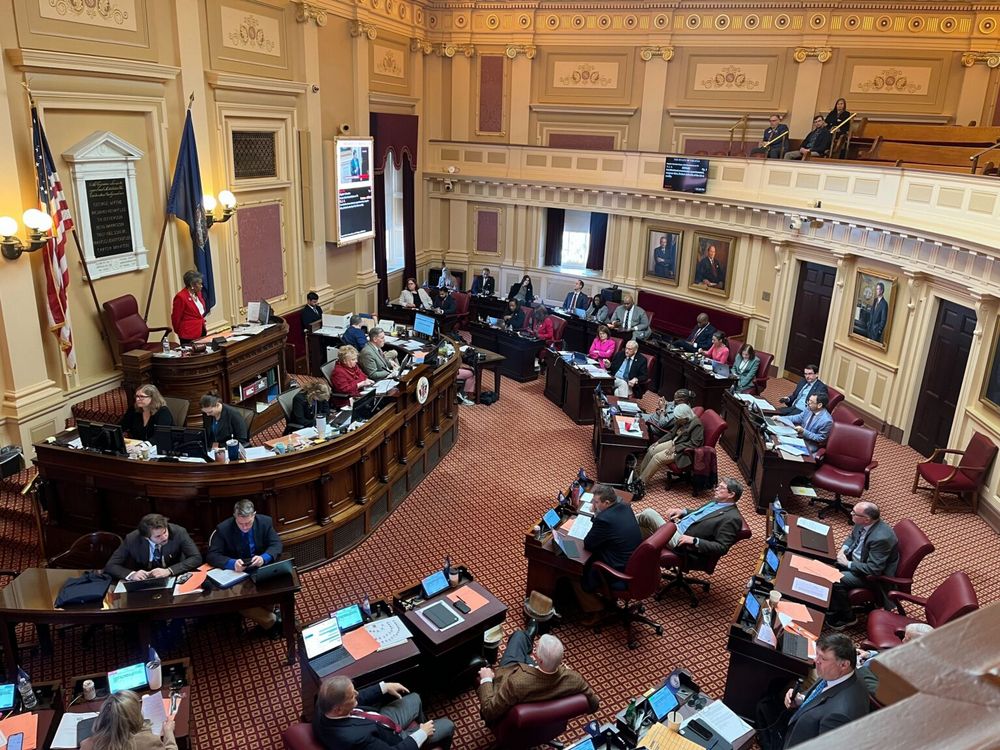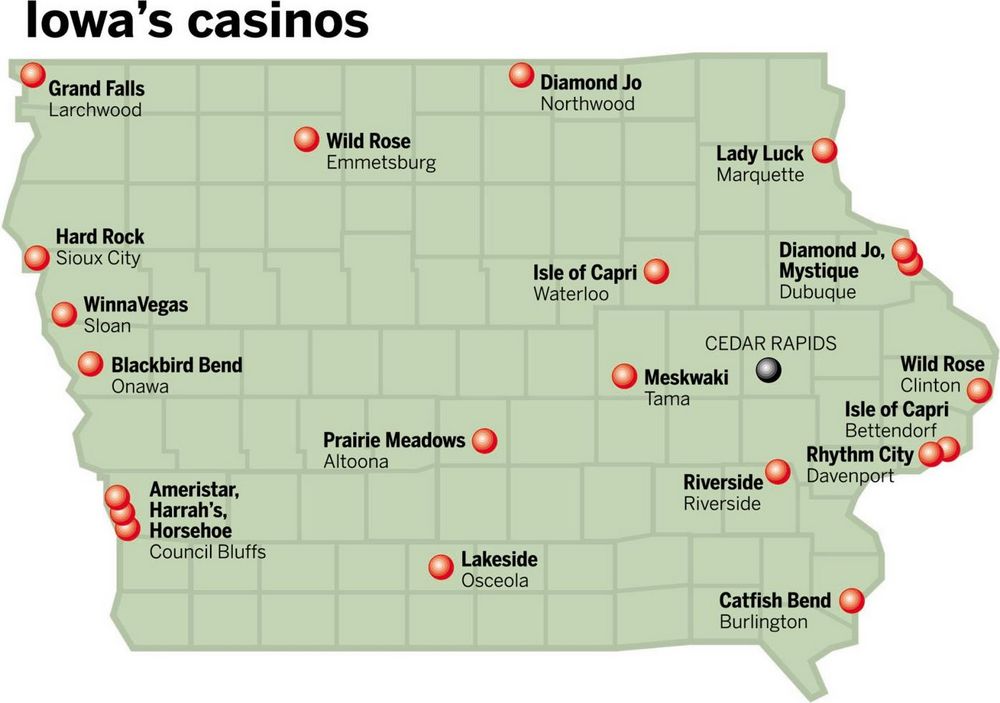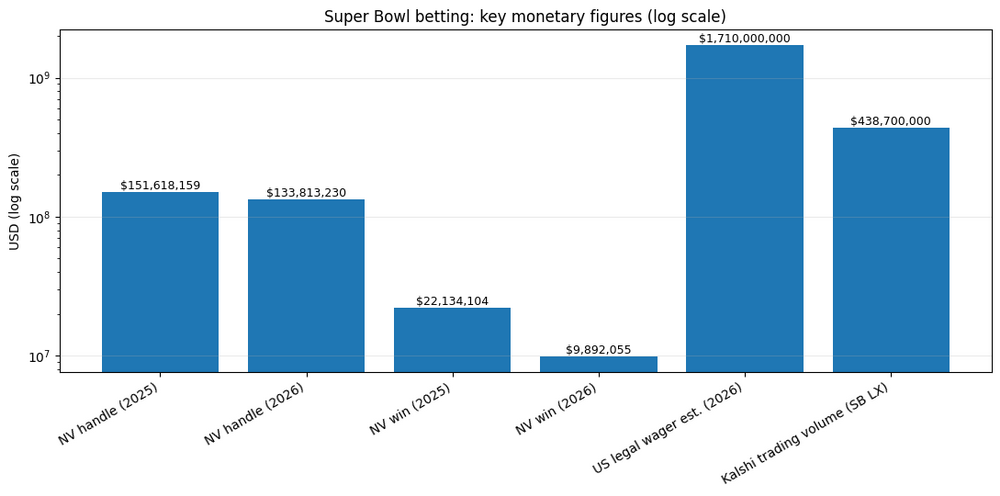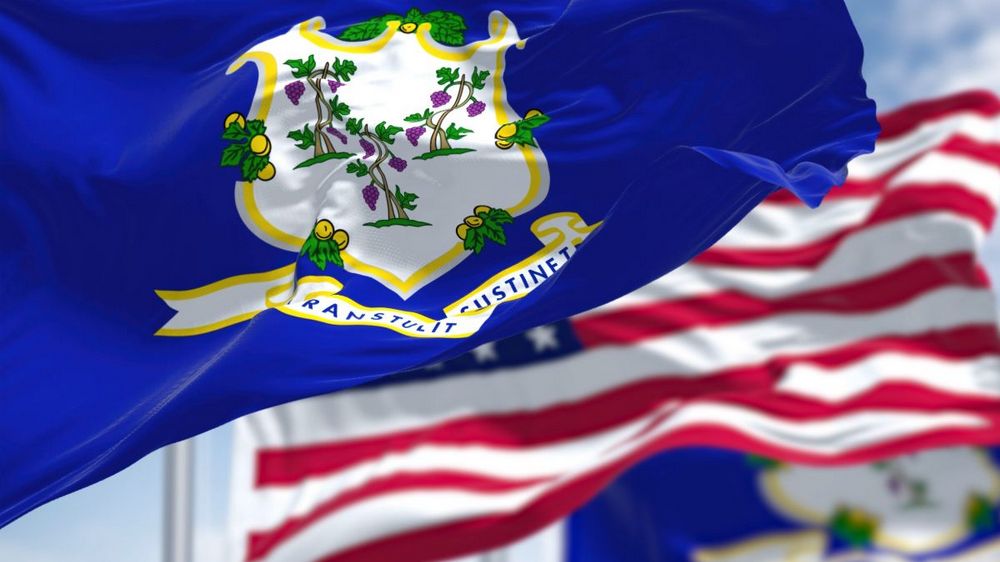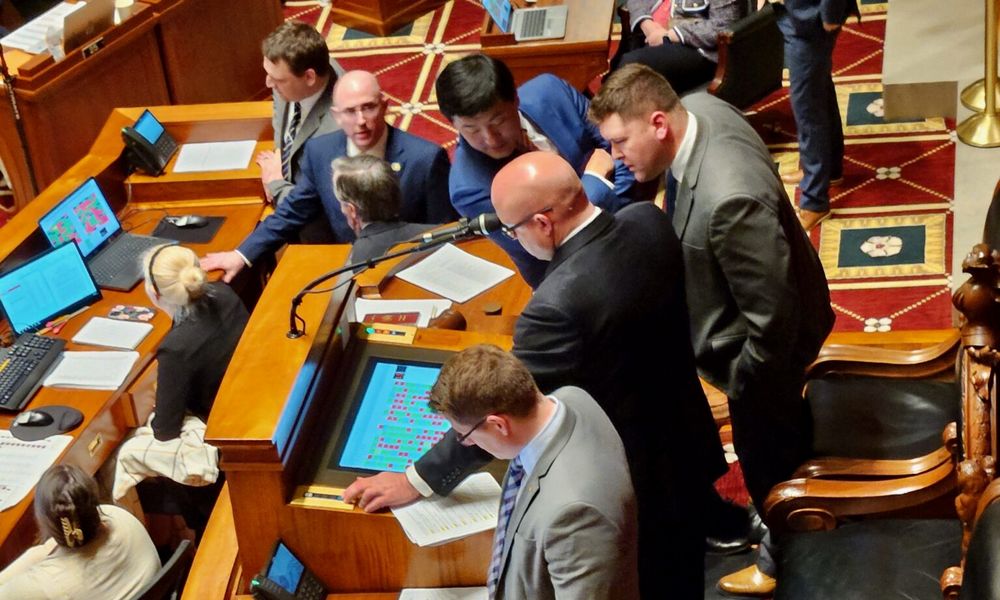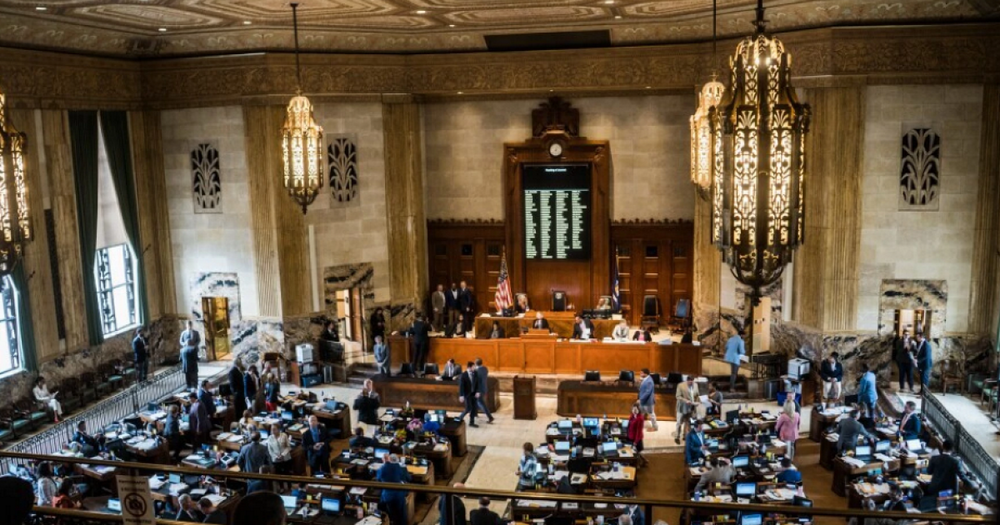Las Vegas, Nevada – In July 2025, the University of Nevada, Las Vegas (UNLV) announced the creation of the International Gaming Institute’s first Executive Directors’ Advisory Board. This board, composed of leading executives from major gaming and betting companies, aims to enhance the institute’s mission of delivering top-tier research, education, and innovation worldwide in the gaming industry.
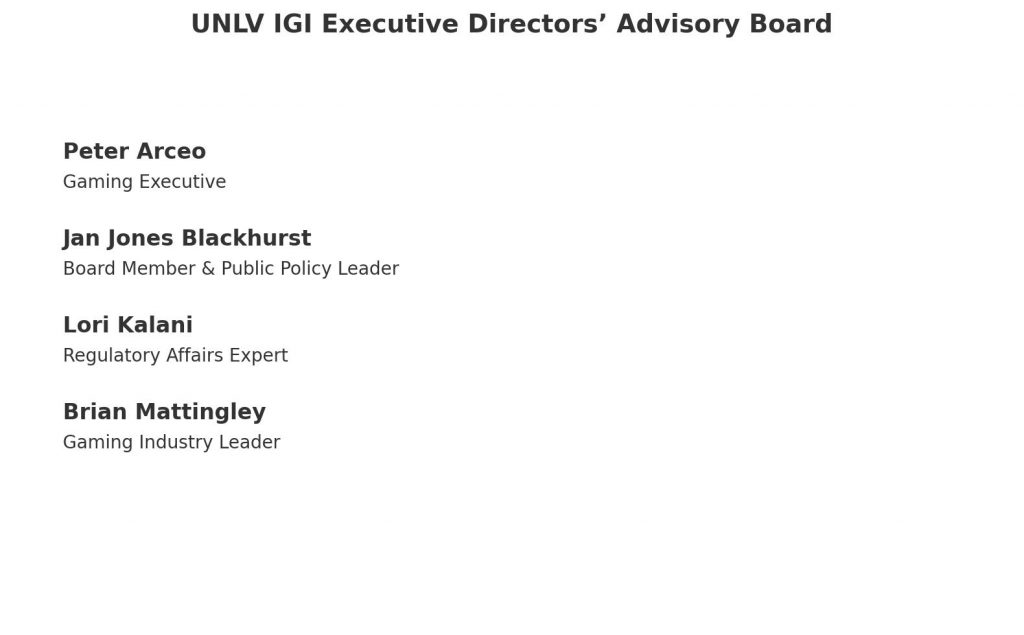
UNLV, with a student body nearing 33,000 and a reputation for research excellence, continues to solidify its position over more than three decades as a key intellectual authority in gaming innovation, regulation, and policy. The advisory board features prominent figures such as Peter Arceo, Jan Jones Blackhurst, Lori Kalani, and Brian Mattingley, representing a wide spectrum of the global gaming ecosystem

Brett Abarbanel, Executive Director of the International Gaming Institute, hailed the formation of this advisory board as a pivotal moment. “We are honored to bring together such a distinguished group whose expertise will elevate our academic excellence and deepen collaboration with industry stakeholders,” he said. Abarbanel emphasized the board’s role in fostering connections that leverage the collective knowledge of its members to maintain IGI’s leadership in gaming research and education.

The establishment of this advisory board aligns with Nevada Revised Statutes (NRS) Chapter 463, which governs gaming control and regulation in the state. While UNLV operates as an academic entity, its partnership with industry leaders must adhere to strict regulatory frameworks that ensure research and advisory activities remain compliant with state law. This collaboration supports ongoing regulatory innovation and policy development, critical in a sector increasingly shaped by technological advances and new market entrants.

The market impact of appointing an advisory board with such high-profile members is expected to enhance both the operational and strategic capacities of IGI’s research and educational programs. This move potentially strengthens Nevada's position as a global gaming regulatory hub, while promoting innovation through initiatives like the AiR Hub, which focuses on artificial intelligence applications in risk assessment.
Furthermore, programs such as Young Executive Scholars align with broader policy goals of workforce development and inclusion within the hospitality and tourism sectors linked to gaming. As this strategic alliance takes shape, it remains to be seen whether this advisory board will unlock new opportunities for innovation and policy leadership or challenge existing regulatory frameworks amid evolving industry demands.












